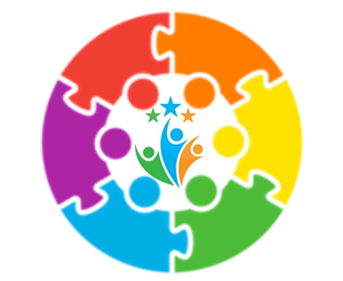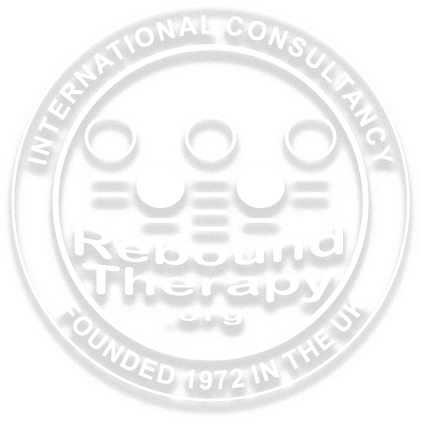Core- Science

Intent
At Nancealverne School we aim to ensure that our Science education provides our students with the foundations for understanding the world around them. All students will be taught essential aspects of the knowledge, methods, processes and uses within the specific disciplines of biology, chemistry and physics. Rich and engaging teaching and learning will support students to develop a sense of excitement and curiosity and to develop an understanding that science can help to explain, analyse and make predictions about the world around them.
Aims
The national (and Nancealverne School) curriculum for science aims to ensure that all pupils (to the fullest of their individual ability):
- develop scientific knowledge and conceptual understanding through the specific disciplines of biology, chemistry and physics
- develop understanding of the nature, processes and methods of science through different types of science enquiries that help them to answer scientific questions about the world around them
- are equipped with the scientific knowledge required to understand the uses and implications of science, today and for the future
Implemetation
Curriculum coverage
Aspects of Science will be taught in all classes at Nancealverne School and discrete Science lessons linked to the specific disciplines of biology, chemistry and Physics will be taught for all students between Key stage 1 and Key Stage 4. During early years science skills will be embedded across all aspects of learning. Science is not compulsory at key stage 5, however science experiences will be explored within whole school science themed weeks and though individual accredited units; ensuring skills and interests are developed and linked to life beyond school.
Science will be delivered through a differentiated skills based approach to teaching and learning, following the National Curriculum Guidance and the school’s ‘Science Curriculum Map’ documents.
Teaching and Learning will differentiate for the learners across the school’s four learning pathways; offering a multi-sensory and communication focused approach to learning for students at pathway 1 and 2; while offering a wealth of skills led experiences and challenge for students at pathways 3 and 4.
Annual themed weeks linked to science are also planned for, allowing for an immersive experience at these times.
Evidence, Progress and Assessment
Progress will be monitored through tracking skills within the school’s curriculum maps. The curriculum maps offer an opportunity to plan for progress for students at each of the school’s recognised pathways, ensuring that progress can be planned for and tracked regardless of the pupils start point.
Evidence is collected in books and project folders. Opportunities are available to collect evidence using ‘Evisense’ allowing for evidencing achievements over longer periods of time.
Teachers use a range of formative and summative assessment strategies to ensure progress including:
- use of the school marking policy
- self-assessment
- peer-assessment
- the use of B² Progression Steps and Engagement Steps
- the ASDAN continuum
Impact
Throughout their learning journeys, pupils will be prepared for the next stage of their science education.
The vast majority of pupils will meet, or exceed their expected levels of progress for science.
Functional and life-skills will be embedded and practiced within the science curriculum.
At key stage 4 students will complete ASDAN accreditation based units with links to Science skills.
Key stage 4 and Post 16 students with an interest will be supported to investigate opportunities to develop science skills further outside of school.
Key stage 4 and Post 16 students with a specific interest will be prepared to continue their science journey beyond school into a post 16 provision.
At Key Stage 4 and Post 16 students with a specific interest will be supported to explore work related opportunities in careers linked to STEM.







